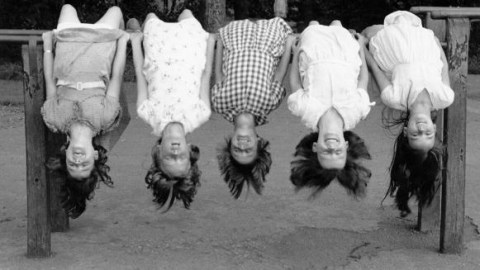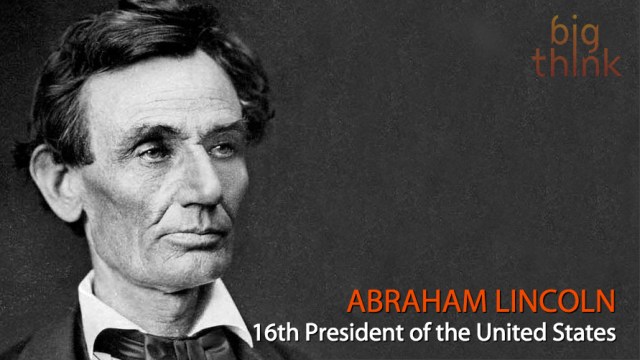Kids Are Losing Playtime to Achievement. That’s a Problem.

The decline of play and rise of the overscheduled child has become a national concern. Peter Gray, author of Free to Learn, says that kids learn from observation, practice, and support. Most of this is done through play. But what happens when we limit the time kids spend playing, and what does our obsession with “high achievement” say about our culture as a whole?
Through play, kids learn skills that impact the whole tribe. From problem-solving to how to get along with others, the lessons we learn through those experiences affect us well into adulthood. When we debate who, exactly, stepped on lava or who is “it,” we are developing emotional intelligence. Without the ability to navigate social situations, empathize with our peers, and share our LEGO bricks, there is the risk of growing up into a narcissist. If play is so intrinsic to our development, then, why are we overscheduling kids to the point that they have little or no playtime?
Playing games in school develops the kind of social and emotional skills that translate to adult success.
There is an emphasis on high achievement that used to belong to seniors in high school, that we now place on the tiny shoulders of elementary school kids. The logic seems to be that as our society becomes more competitive, every kid needs an advantage over their peers. Thus we have schools that drown kids in homework, afterschool sports, and, of course, those piano lessons to keep them well-rounded. The overscheduled elementary school child is losing the things that make childhood special and so unequivocally not adulthood.
I look back on my childhood and think of its mysterious components, the strange magic that occurred when I played with my sisters and friends. It’s not just the glow of nostalgia, although that is present; it’s also an appreciation for how those experiences informed me as a grown-up. I had the beautiful gift of time — time to play and time to do nothing at all. Out of that, my creativity blossomed, and I learned how to tell stories, make art, and tell jokes. I also learned important social skills, like how and when to compromise and how to relate to people’s joy and pain.
I look back on my childhood and think of its mysterious components, the strange magic that occurred when I played with my sisters and friends.
It makes me wonder what message the achievement obsession is sending to kids. Are we telling them that getting ahead and being the best is the Most Important Thing? Does the pressure we place on them to perform and succeed mean that we place more importance on how they appear on paper than their emotional and social intelligence? And if so, are we raising a whole group of people that will make the #selfie generation look altruistic by comparison?
There are certainly some schools that see the problem of data-culture and attempt to subvert it. Peter Gray studied a school in Massachusetts called Sudbury Valley, where the structure is much looser and no grades are given. That is encouraging to those of us that see the value in creativity, social skills, and the amazing, singular experience of being a kid. Without a childhood, John Lennon couldn’t have sung about “Strawberry Fields Forever,” and without a childhood, our culture could be bereft of its innovators, creators, and socially aware adults.
PHOTO CREDIT: Science & Society Picture Library





